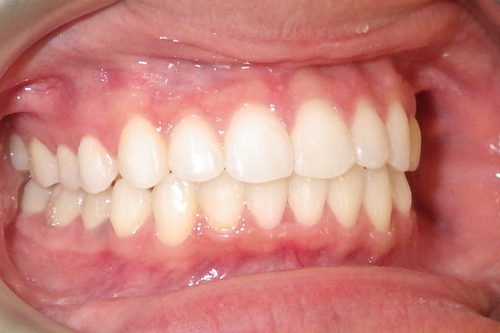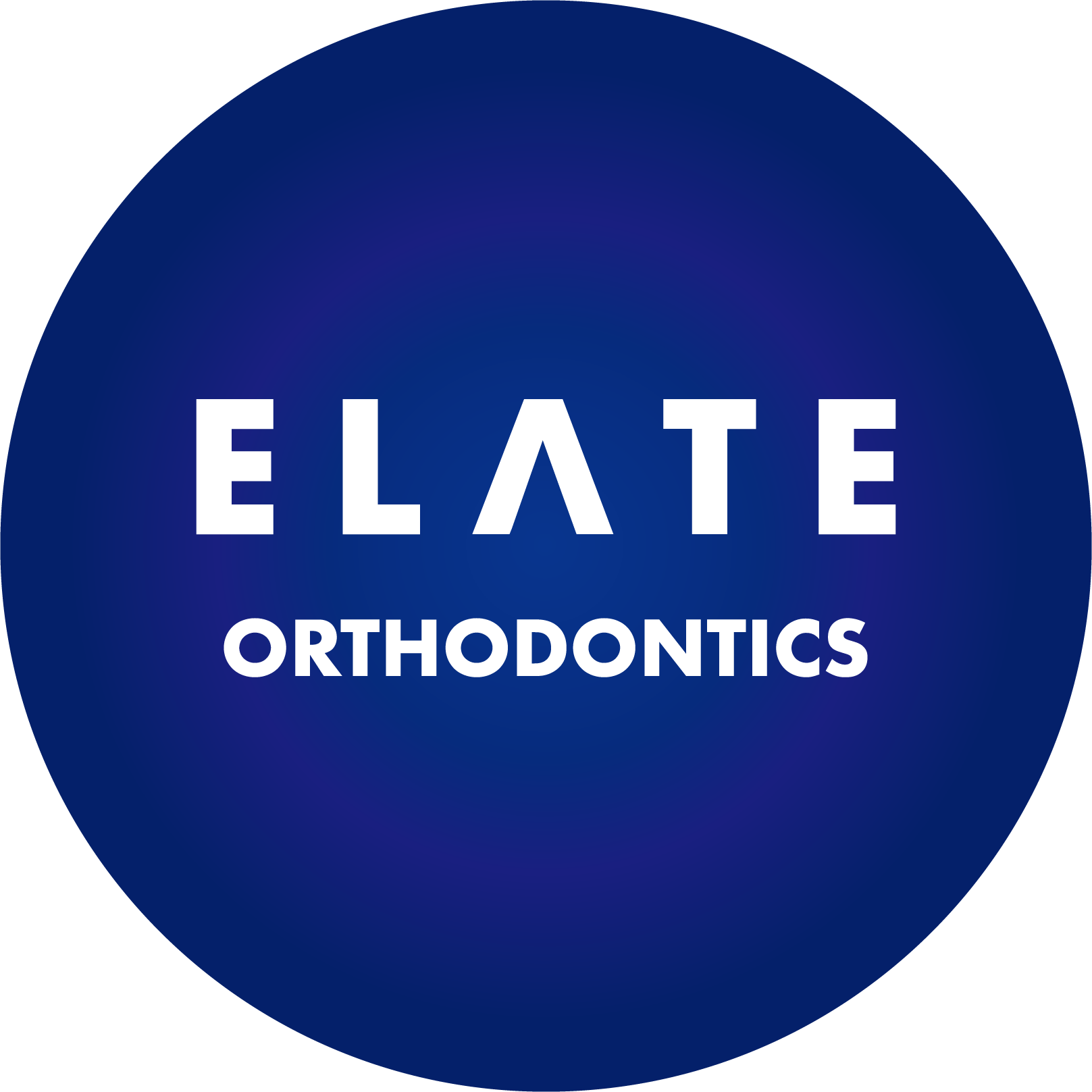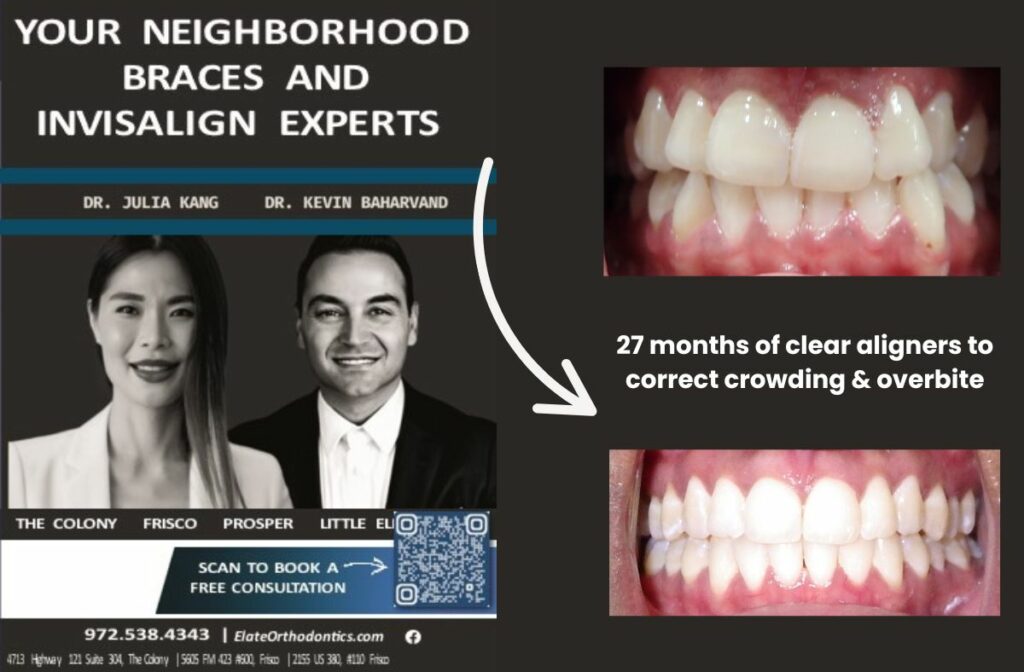
🦷 How Are Teeth Supposed to Sit? A Complete Guide to Bite Alignment
When you close your mouth, your teeth should fit together like puzzle pieces. But for many people, that’s not how things naturally work. If you’ve ever wondered how your teeth are supposed to sit—whether for aesthetic, functional, or health reasons—you’re not alone.
In this post, we’ll explain what a “normal bite” looks like, what happens when teeth don’t align properly, and how you can fix it with modern orthodontic care.

👄 What Does It Mean for Teeth to “Sit Right”?
In dentistry, how your upper and lower teeth meet is called your occlusion. A properly aligned bite allows you to:
-
Chew food efficiently
-
Speak clearly
-
Maintain jaw comfort
-
Protect enamel from uneven wear
-
Avoid long-term TMJ issues
When your teeth don’t sit right, it can cause everything from headaches to gum damage.
✅ What a Normal Bite Should Look Like
A healthy bite has several key features. According to the American Dental Association, here’s what it should look like:
Upper Teeth:
-
The upper front teeth should slightly overlap the lower front teeth.
-
The upper molars should sit just outside the lower molars.
Lower Teeth:
-
The lower incisors should rest behind the upper ones without hitting the roof of the mouth.
-
Teeth should touch evenly from front to back when the mouth is closed.
Midlines:
-
The center of the top teeth and bottom teeth should align with the center of your nose and chin.
When You Bite Down:
-
Your teeth should touch but not be clenched.
-
You should not feel strain or shifting when chewing.
This relationship is called a Class I occlusion, and it’s considered the gold standard.
❌ Common Bite Issues When Teeth Don’t Sit Properly
Many people don’t have a textbook bite. In fact, misalignment is more common than you’d think.
Here are common issues that affect how your teeth sit:
| Bite Problem | Description |
|---|---|
| Overbite | Upper front teeth stick out far over lowers |
| Underbite | Lower teeth extend beyond upper teeth |
| Crossbite | One or more upper teeth sit inside lower teeth |
| Open Bite | Front teeth don’t touch when back teeth are together |
| Deep Bite | Lower teeth are hidden completely by upper teeth |
| Crowding | Teeth overlap or twist due to lack of space |
| Spacing | Gaps between teeth from small teeth or missing ones |
Some bite issues are visible, while others only become clear after a scan or orthodontic exam.
🔍 Why Does It Matter How My Teeth Sit?
When your teeth don’t sit correctly, your mouth works overtime to compensate. This can lead to:
-
Worn-down enamel
-
Cracking or chipping
-
Jaw strain or TMJ dysfunction
-
Speech problems
-
Increased risk of gum recession
-
Digestive issues from improper chewing
-
Pain while eating or yawning
In kids and teens, bite problems can also affect facial development and self-confidence.
🏥 How Orthodontists Evaluate Bite
At a first consultation, an orthodontist will:
-
Take a 3D scan or digital impression
-
Check for bite alignment using occlusion guides
-
Review X-rays for jaw position and root health
-
Measure overbite, overjet, and midline symmetry
-
Ask about symptoms like jaw clicking or headaches
At Elate Orthodontics in Frisco, the team uses iTero scanners and facial mapping to identify bite issues with millimeter precision — no goopy molds needed.
📈 How Are Your Teeth Supposed to Sit When Your Mouth Is Closed?
Here’s a simplified checklist:
-
Your back molars should fit snugly together, not shift or grind
-
Your top teeth should rest just slightly over your bottom teeth
-
Your tongue should be relaxed and resting near the palate
-
Your jaw should not feel strained or crooked
-
Your lips should close comfortably without tension
If your bite causes your teeth to feel “off,” it’s a good reason to schedule a professional exam.
😬 Signs Your Teeth Aren’t Sitting Properly
-
Your smile looks uneven or asymmetrical
-
You chew only on one side of your mouth
-
Your front teeth don’t touch (open bite)
-
You grind or clench your teeth at night
-
You feel pressure or popping in your jaw
-
You’ve been told your midline is “off”
Even minor bite issues can compound over time. Early treatment is always easier and less invasive.
🧒 Is It Normal for Kids’ Teeth to Be Uneven?
Yes—children often go through several phases where their bite looks off. But there are warning signs that shouldn’t be ignored:
-
Persistent thumb-sucking or tongue thrusting
-
Crossbite or underbite at age 7+
-
Large gaps or severe crowding
-
Teeth don’t touch when biting down
At Elate Orthodontics in Prosper, we recommend early orthodontic evaluation by age 7, per AAO guidelines.
🦷 Can Braces or Aligners Fix How Teeth Sit?
Yes — in most cases, braces or clear aligners (like Angel Aligners or Invisalign) are designed to correct occlusion.
Orthodontists can now:
-
Close open bites without surgery
-
Correct overbites with elastics or bite turbos
-
Widen narrow arches with expanders
-
Fix underbites with aligners and rubber bands
-
Use clear aligners even for complex bite issues
Learn more about Invisalign and Angel Aligners options at Elate.
💰 How Much Does Bite Correction Cost?
Costs depend on:
-
Severity of the bite problem
-
Whether you need braces, aligners, or expanders
-
Whether you have insurance or Medicaid eligibility
At Elate Orthodontics, you’ll find:
-
Transparent pricing
-
In-network coverage with most major PPOs
-
Special financing for teens, adults, and kids
-
Consultations that often include same-day treatment starts
Start your journey with Elate Orthodontics in The Colony if you’re near Little Elm, Aubrey, or Castle Hills.
📍 Where to Find Help Near You
If you’re in Texas and wondering where to go:
🧠 Final Thoughts: Why Bite Alignment Is More Than Just Cosmetic
Straight teeth are great. But a well-aligned bite does far more. It reduces wear, protects your jaw, improves function, and helps your overall oral health. If your teeth don’t seem to “sit right,” don’t wait — get a proper exam.
Modern orthodontic treatment is faster, more discreet, and more affordable than ever. And in many cases, the right bite correction prevents future dental problems and boosts long-term confidence.



